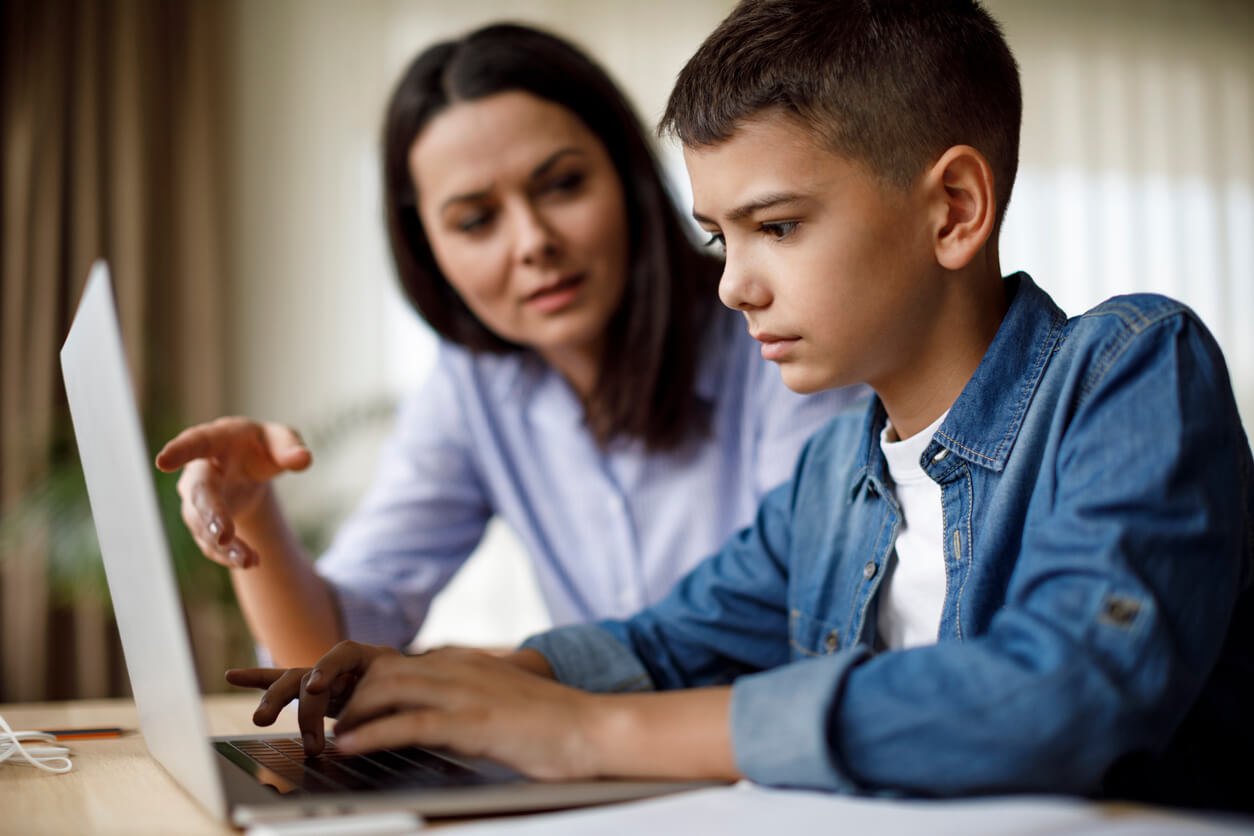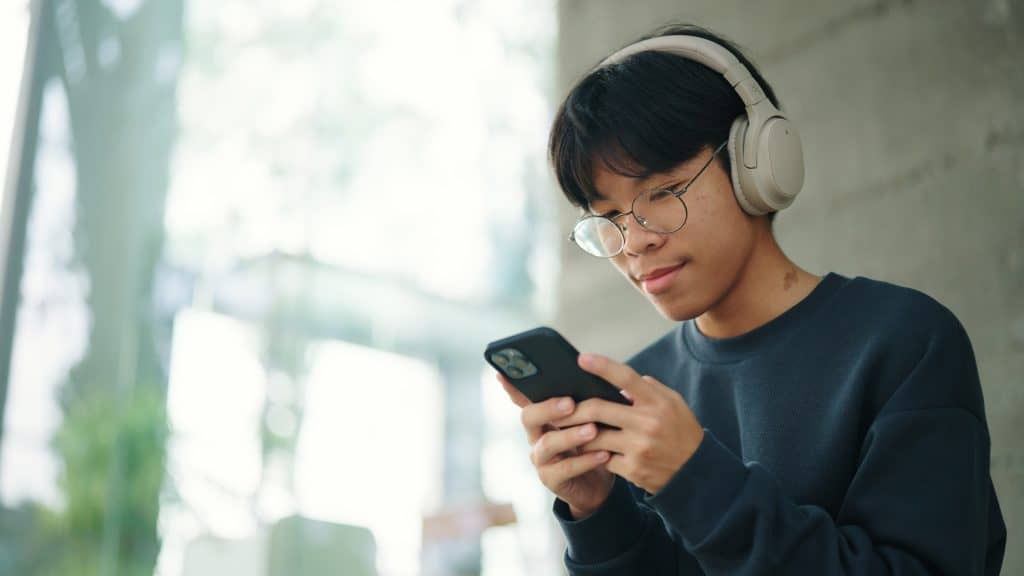Five years ago, I learned my son was struggling with pornography. I was shocked and devastated. Feeling guilty and hopeless, I struggled to sleep and cried endlessly. I couldn’t understand how this had happened.
He grew up in a Christian home with Christian principles. We talked openly about sex and the advantages of waiting until he was married before engaging in sexual behavior.
What we didn’t talk about was pornography and its dangers. We didn’t talk about it because I didn’t understand its widespread availability and use. I also underestimated my child’s curiosity.
Our kids are looking at porn.
There is overwhelming evidence to support the fact that pre-teens and teens are looking at pornography. They stumble across it accidentally or search for it out of curiosity. This news in and of itself is sad. What’s worse is that after our children see it, they can’t unsee it. Many feel compelled to go back to it again and again until they are trapped in an addiction.
If our kiddos feel any type of conviction, the spiral of arousal, guilt, shame, and an immense pull back to the images is defeating. Compiling their struggle, and the fact that their peers are also engaging in these activities and society, in general, is apathetic, at best. Therefore, they either do not understand the dangers of watching pornography or they do not feel comfortable talking to their parents.
My son was trapped. His first confession was half-hearted, and after a short while, he continued his behavior. Eventually, he confessed again and began a program toward recovery. That program included uninstalling his social media apps and adding Covenant Eyes to all our devices.
So why aren’t we talking about it?
In the midst of trying to help my son, my anxiety level was elevated, and I didn’t sleep well. I grieved the loss of the son I thought I knew and struggled with feelings of betrayal and hurt. Teetering between depression and anger, my relationship with my son suffered. I felt shame and guilt.
But mostly, I felt alone. There was no one I could turn to. I knew of no other parent dealing with a child struggling with pornography. I dealt with this secret all by myself. The one friend I confided in lived out of state. She listened, encouraged, and prayed with me. She offered her advice and leant a sympathetic ear, but she could not relate from personal experience. And I couldn’t put an ad in the paper or a cry out on social media to see who else had found themselves in this predicament.
It’s just not something you publicize.
Yet, as I researched, I learned the staggering statistics of how many children watch pornography. Then it dawned on me: if a high percentage of children are searching for porn, then a high percentage of parents have children searching for porn. I’m not alone. There are others out there like me.
Why aren’t we talking about it?
You aren’t a bad parent.
A year or so into helping our son through his addiction, another mom and I connected. She had caught her son watching pornography and felt horrible. I’m so glad she called me. We listened to each other and prayed for each other. We connected in a way I hadn’t been able to with anyone else.
As I listened to her berate herself, I kept thinking, “I know what you’re feeling. I’ve been there. And I felt like a bad mother.” I finally said out loud to her, “I completely understand what you are going through. But just because your son is choosing to watch pornography does not make you a bad mother. You are not a bad mother.”
I heard relief on her end of the conversation. She needed to hear those words. And maybe you do, too. If your child is watching pornography, that does not mean you are a bad parent, grandparent, or guardian.
Take steps towards a healthy parent-child relationship.
Even though I felt betrayed by my son and guilty for allowing pornography to creep into our home, over time I learned not to take it personally. I researched the effects pornography has on the brain. It was helpful to understand why it is so addictive and difficult to quit. Also, over time, I learned that taking care of myself was important. I could not help my son if my physical, mental, and emotional health were failing.
Through this process, I opened a line of communication with my son. I realize most pre-teens and teens do not want to talk with their parents about sex, pornography, and masturbating. But the more I communicated unconditional love and acceptance and a desire for my son to live a healthy, Godly life, the more comfortable he became talking about his struggles. It was also easier to establish boundaries, put filters in place, and add restrictions.
As I sought God’s guidance, forgave my son, researched pornography, communicated with my son, and took care of myself, my relationship with my son healed. It did not happen overnight. Parenting is not a one-and-done deal. It’s a job, one that requires persistence and discipline. But the rewards are great.
So parents, let’s talk.
Let me encourage you to stay in the fight. You are not alone. Reach out and find a friend. Be a friend. We are stronger together.
Let’s talk openly to our children and with each other. Let’s bring this issue into the light of day. We’ve stayed silent long enough. There is no shame in admitting we haven’t parented perfectly, that we didn’t know what we didn’t know. But now we do know. So let’s be part of the solution. Let’s inform our children of the dangers of pornography. Let’s encourage each other to stay in the fight. Together we can uplift each other and impact the next generation.








This article is empowering. It is also a testament to finding support from other parents in general. Having a support system is essential for any parent who may or may not have children with any type of addiction. Talk about issues and recover. Barb has amazing foresight and is a great example of living in the solution and loving our children through. Thank you Barb.